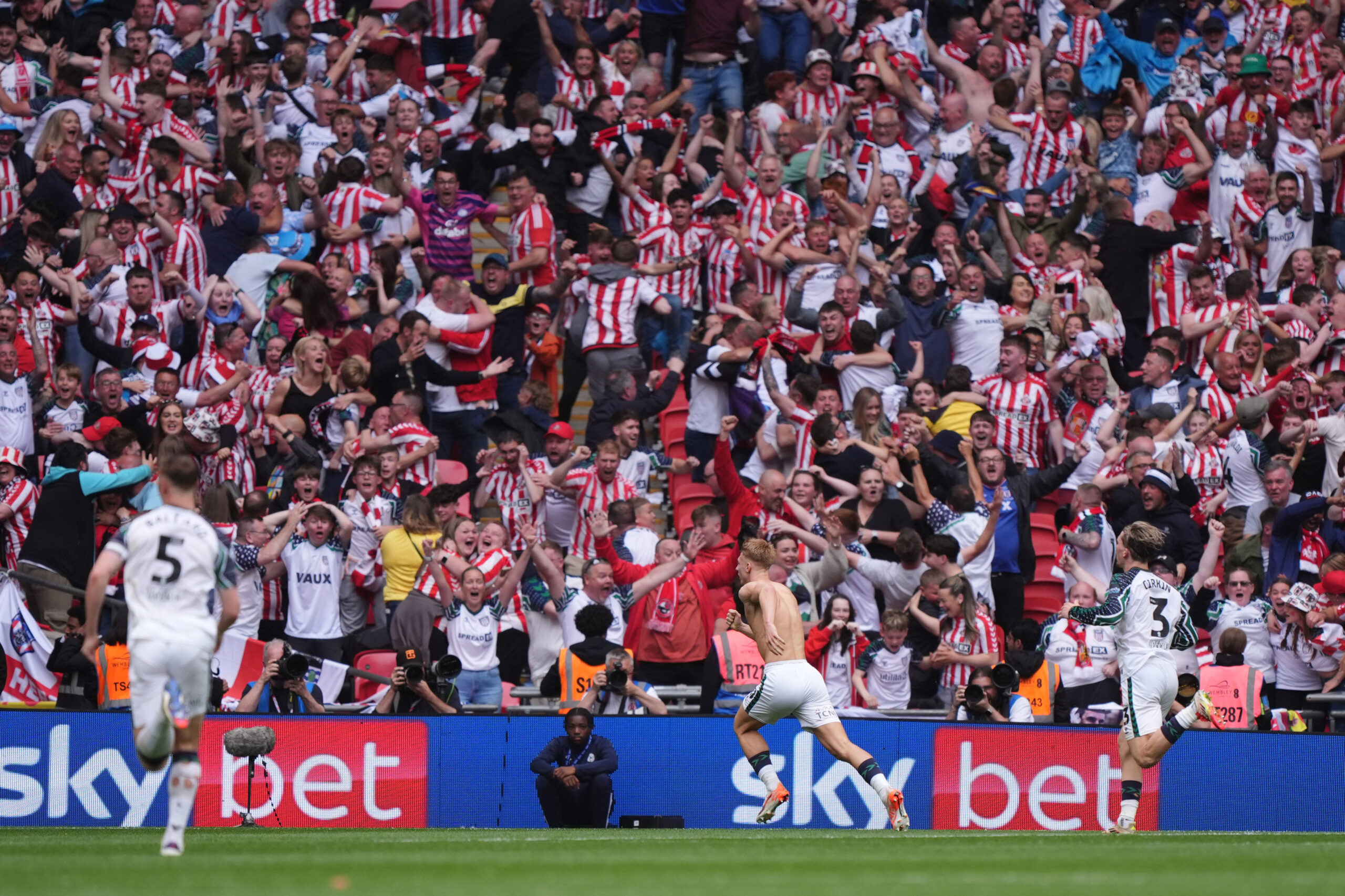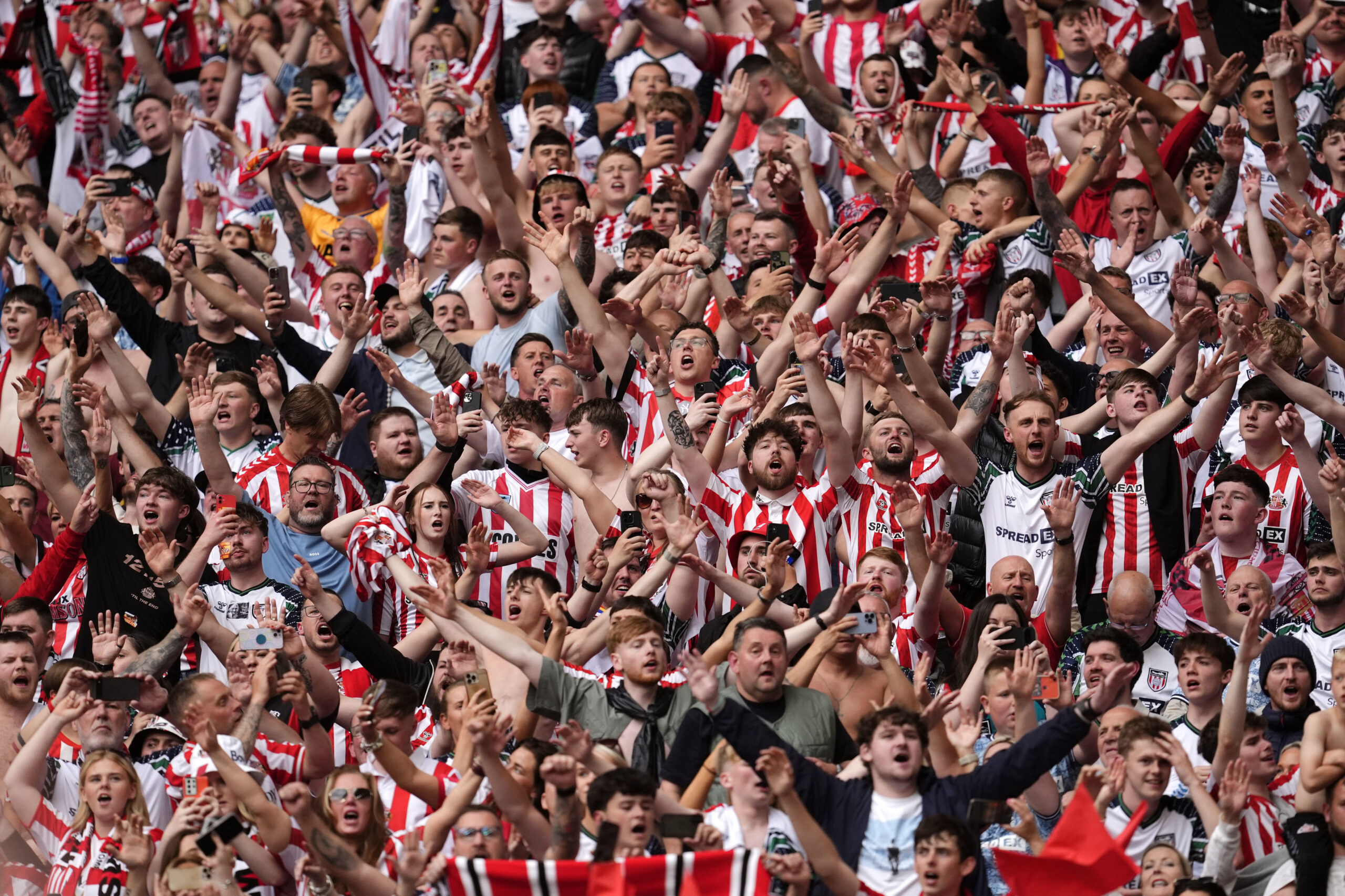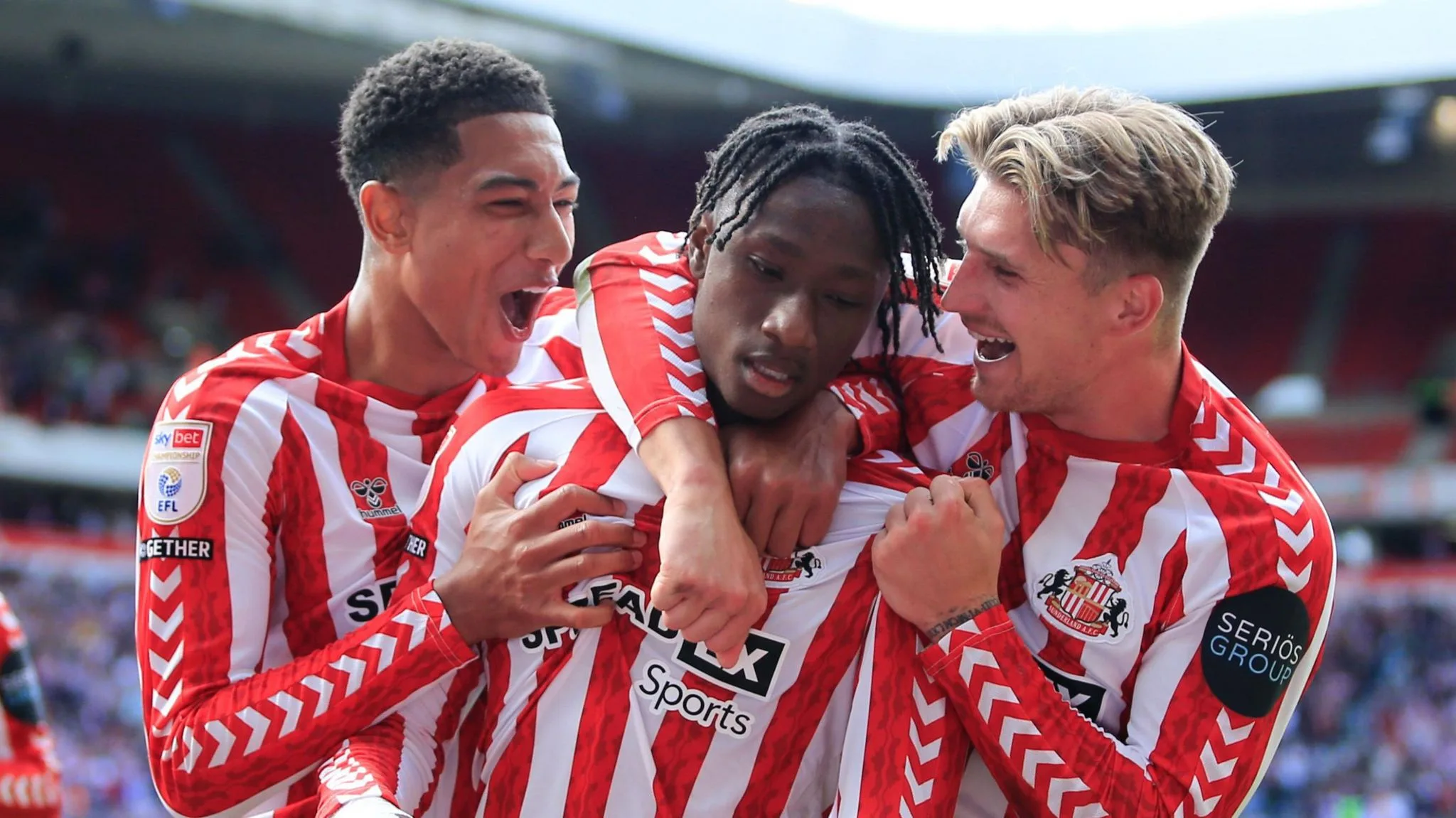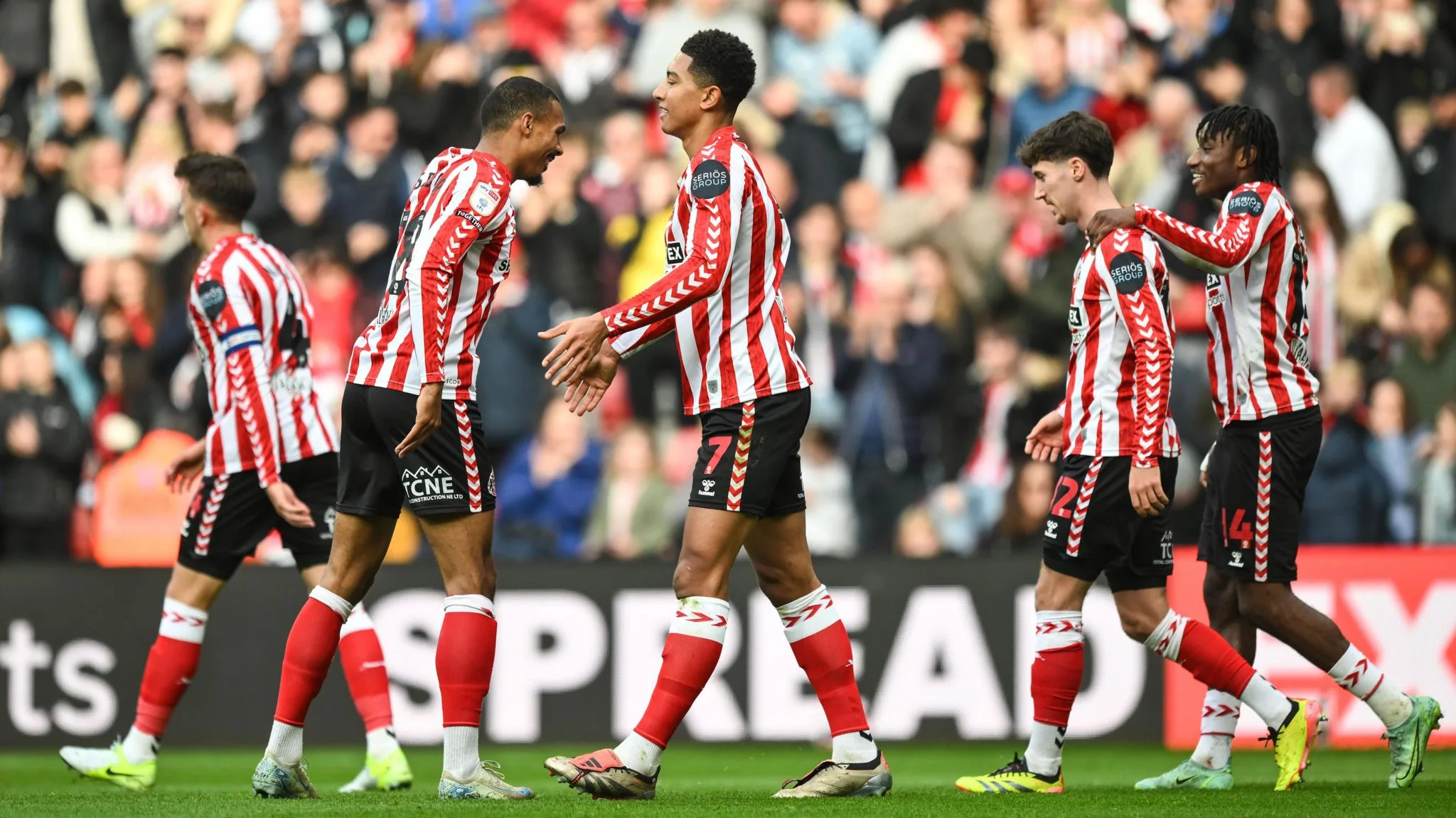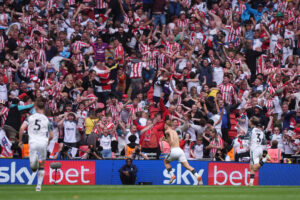This is more like it! One of those League One games that comes with a depressing hit of “oh yeah, this was a Premier League match once upon a time”. Well those times are over, and they’re never coming back, as the stories of both clubs since slinking out of the big time has been a true masterclass in how to make sure it takes you as long as possible to get back to the summit of English football.
So in celebration of this, let’s have a look at some of the many, many connections between the two clubs, as they can be handily split into some neat little groups:
The Good
There’s been a fair selection of actually talented players who’ve donned the shirts of both clubs, and it’s rare to have a list of so many where neither section of fans will be utterly livid at their inclusion. This ranges through from Grant Leadbitter, Chris Makin, Eric Gates, Carlos Edwards, and Danny “have you ever made 16 league appearances for Ipswich Town, Danny?” Collins. But for this bunch, I’d like to single out a quiet cult hero of the last 20 years of Sunderland AFC: Marcus Stewart.
Signed by Peter Reid on the same day as Tore Andre Flo in what was definitely not a case of panicking and throwing a wad of cash at any striker over 6ft tall, Stewart had a stellar career at Ipswich, helping the Tractor Boys get promoted to the big time in 2000, and announcing his arrival to the top flight with 19 league goals as Ipswich inexplicably finished in the UEFA Cup spots. That is literally as good as it’s ever been for Ipswich since, and following their relegation the following season, and his unveiling at the Stadium of Light, it also looked for a time to be the last enjoyable spell in Stewart’s career too, scoring only twice in the league as we too bowed out of the top tier.
But what followed under Mick McCarthy in the Championship was nothing less than a masterclass of an experienced striker, picking up 33 goals in all competitions, supported by the likes of Kevin Kyle and Stephen Elliott. Stewart had the ability to slow time itself, like a Bristolian Dr Strange, although probably because he was faster at walking pace than he was in a sprint. He’s also responsible for one of Crabbers’ many trademark daft lines, thanks to his last minute penalty at home to Palace, you can kiss your granny indeed.
The Roy Keane
Our next section is pretty much all thanks to Roy Keane, who of course, both clubs had in charge with very much differing spells in the mid-to-late 2000s. Keano may not have signed them for both, but Martyn Waghorn, Daryl Murphy, Marton Fulop, David Healy, Danny Higginbotham and Michael Chopra all took in spells at the two clubs. But the man who, thought he’d escaped Keano and begun a decent career in Suffolk was Jon Stead.
Without wanting to be too harsh, and it’s all about relative levels, Stead was effectively the McFadzean of our strikers in the early 2000s; as in, he ran his arse off every game, but was seemingly only capable of scoring at the Stadium of Light if it was for Huddersfield Town. Stead was dreadful for us, and jettisoned by Keane, where he then took on an average spell at Derby on loan at Sheff Utd, before finding himself right back with Roy at Ipswich. Keane clearly hadn’t changed his mind on Stead however, and despite scoring 18 goals in 61 games (which, given his showing in Red and White, is incredible), he was booted out again.
Somewhat impressively, Stead only retired last summer after two years at Harrogate, having helped them into League Two in his first season. Stead will most likely be remembered with an “oh yeah, Jon Stead” by both sets of fans. As with McFadzean, we all love a trier.
The Who?
There’s a pattern of players who’ve been at both clubs, and either never kicked a ball for us, or if they did, we’re not sure if we just hallucinated the whole thing. 90s goalkeepers Mike Pollitt and Nick Colgan being two excellent examples of this, playing precisely zero games for Sunderland and one whole league game for Ipswich between them. But no, the hero of this section is Alan Quinn, who I can only assume we signed him because of the security we felt at hearing that surname again only a year after Sir Niall retired.
Alan Quinn was, apparently, for every other club he played for, a midfielder with some semblance of goalscoring threat, hitting the net roughly once in every ten league games throughout his 335 appearances in his career. His Sunderland showing however, was a magnificent six appearances, all incredibly starts, between October and December 2003 in McCarthy’s Championship playoff semi finalist season. Quinn’s influence was such, that throughout that entire season, Sunderland won 22 games, but in Quinn’s 6, Sunderland won only one, a 1-0 squeeze (thanks to Marcus Stewart) against 10-man Walsall.
He was understandably sent back to Sheff Wed, who in turn, were so put out by his form for us (may or may not be true), that they launched him across the Steel City, where he, incredibly managed to end up a Premier League player for Sheff Utd.
Alan Quinn, the definition of a pub quiz answer for a Sunderland player. What a man.
And I suppose Darren Bent started his career with Ipswich in 2001 before nothing even slightly interesting or controversial happened between him and Sunderland over the next 15 years, definitely nothing to do with Aston Villa, Steve Bruce or Burton Albion to see here.










